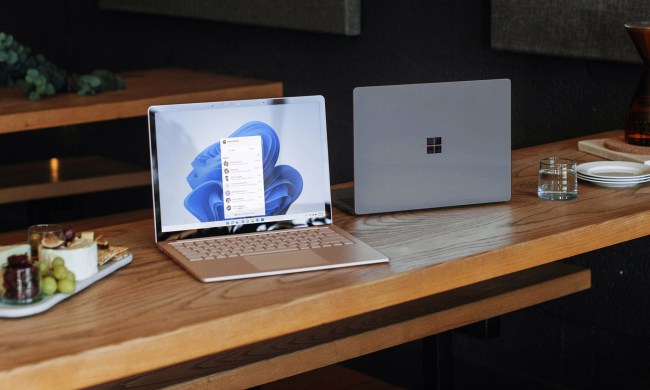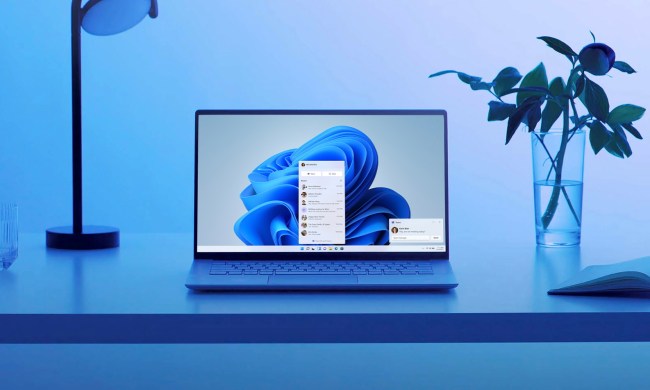
Next month, a team comprised of representatives from Microsoft Research and Rice University will present a paper called FlashBack: Immersive Virtual Reality on Mobile Devices via Rendering Memorization at the MobiSys 2016 conference in Singapore. This report details new methodology that could make it easier for hardware like smartphones and low-end PCs to run VR content well.
The concept hinges around the user’s perspective, according to a report from WinBeta. Instead of rendering 3D objects in real-time, the FlashBack system would utilize a library of compressed frames that look at the object from all possible angles.
Basically, whenever the user looks at a 3D object, they’re actually looking at a still image of it taken from their perspective. The device would only render what the user can see from that angle, which cuts down on all non-essential rendering of the wider environment.
The tests detailed in the paper demonstrate that FlashBack could make VR available to a much wider range of hardware. A prototype version apparently offered sizable improvements over a locally-rendered VR set-up, making framerates eight times better while reducing energy consumption per frame by a factor of 97 (remarkably), and reducing latency by a factor of 15.
However, there’s some way to go before FlashBack is ready to be implemented. Restrictions relating to file sizes and methods of compression mean the system isn’t quite ready for a mass rollout — but once these issues have been ironed out, FlashBack could help Microsoft bring VR to the masses.


